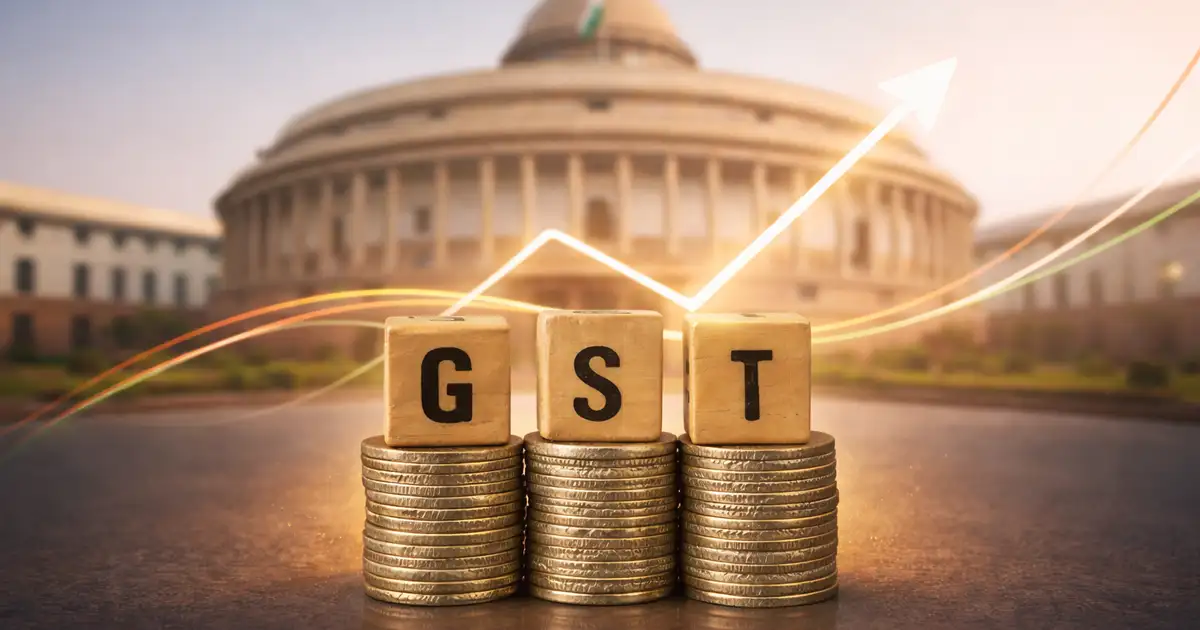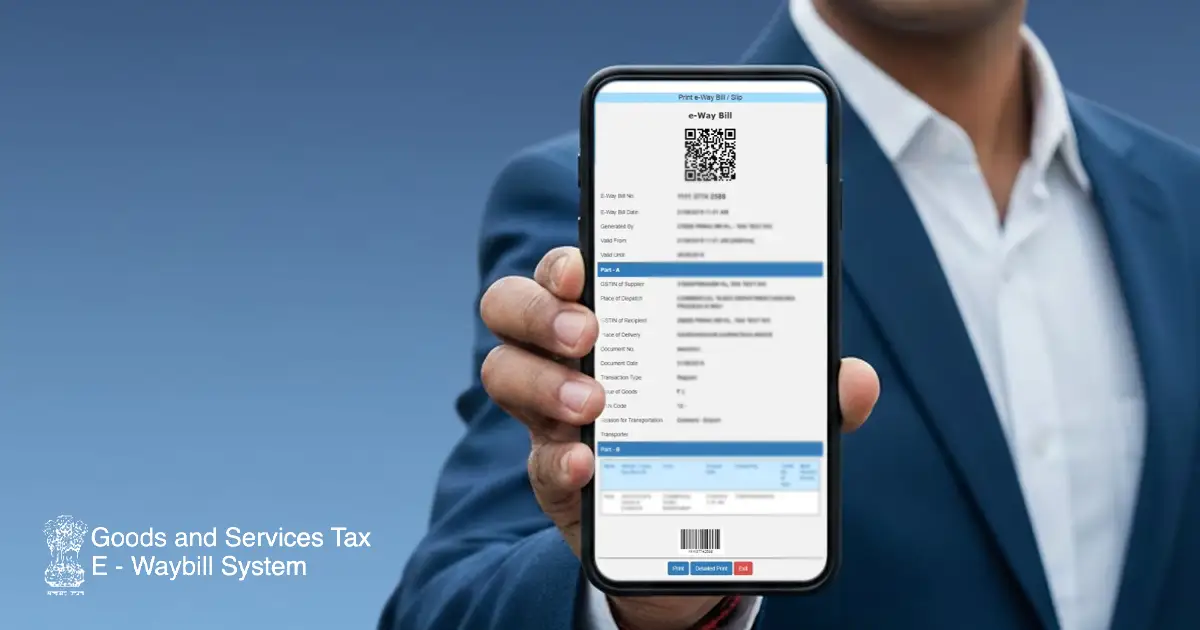
Introduction
The Goods and Services Tax (GST) system has brought significant changes to India’s indirect tax structure. By replacing numerous state and central taxes, it simplified the taxation system but also introduced a new level of complexity that businesses need to understand. For catering service providers, this means understanding how GST applies to the diverse range of services offered. Whether you’re running a small catering business or a large-scale food service operation, GST compliance is necessary for maintaining legal and financial integrity.
As a catering business owner, it’s crucial to understand how GST affects various service segments such as restaurant catering, outdoor catering, corporate canteens, and even home-based catering services. GST on catering services is subject to specific rules and tax rates based on the nature of the service provided. In addition, businesses need to follow GST filing procedures and ensure they claim eligible Input Tax Credits (ITC), among other compliance requirements.
This comprehensive guide will provide you with everything you need to know about GST on catering services, from registration to filing returns, tax rates, and the ITC benefits that apply to catering businesses. By staying compliant, you will not only avoid fines and penalties but also ensure smooth operation and financial health for your business.
Is GST Applicable to Catering Services?
Yes, GST is applicable to catering services in India. Catering services are classified under the category of supply of services, meaning they are subject to GST. Whether you are operating a restaurant, providing wedding catering, managing corporate canteens, or offering home catering services, your business must comply with GST rules if your turnover exceeds the threshold limit.
Types of Catering Services and GST Applicability:
- Restaurant Catering Services: If you operate a restaurant, you must charge GST on the food and beverages provided. The GST rate for restaurants depends on whether the restaurant is air-conditioned or not.
- Outdoor Catering Services: For events like weddings, parties, or corporate functions, outdoor catering services are subject to GST, but they have different tax rates and potential for ITC claims.
- Corporate Canteen Catering: If you are providing meals in corporate offices or industrial canteens, this too is subject to GST, though the rate is generally lower (5% without ITC).
- Home-Based Catering: If you offer services from home and your annual turnover exceeds the limit, you need to register for GST and comply with GST norms just like other catering businesses.
GST Rates on Catering Services and Food Supply
It’s important to know which tax rate applies to your specific business to ensure that you charge the correct GST and remain compliant with the tax laws.
1. Catering Services Provided at Restaurants
- Air-Conditioned Restaurants: If the food is served in an air-conditioned restaurant, the applicable GST rate is 18%.
- Non-air-Conditioned Restaurants: If the restaurant is non-air-conditioned, the GST rate is 5%, but without ITC benefits. This means you cannot claim back the GST paid on your purchases.
Example:
If you operate an air-conditioned restaurant and a customer’s total bill comes to ₹2,000, you must charge 18% GST, which is ₹360. The total bill with GST would be ₹2,360.
2. Outdoor Catering Services (Weddings, Parties, Corporate Events)
Outdoor catering services such as catering for weddings or corporate events attract a GST rate of 18%. A key advantage is that catering businesses in this category can claim full Input Tax Credit (ITC) on purchases related to catering services.
Example:
A catering company that charges ₹1,00,000 for a wedding event will charge 18% GST, which comes to ₹18,000. Therefore, the total invoice will be ₹1,18,000. The business can also claim ITC on GST paid for ingredients, labor, and other business expenses.
3. Corporate Canteen Services
If you provide catering services in a corporate canteen or industrial canteen, the applicable GST rate is 5%, with no ITC available.
Example:
If you charge ₹50 for a meal in a corporate cafeteria, the GST will be ₹2.50 (5% of ₹50), and the total charge to the customer will be ₹52.50. Since no ITC can be claimed, you cannot offset the GST paid on any purchases made for the canteen.
4. Hotel and Banquet Catering Services
For hotels and banquet halls, the GST rate depends on the room tariff:
- If the room tariff is ₹7,500 or more, the GST rate on catering services is 18%.
- If the room tariff is below ₹7,500, the GST rate on catering remains 5%, but ITC cannot be claimed.
Example:
If a hotel with a room tariff above ₹7,500 provides catering for an event, they will charge 18% GST on catering services. For example, if the catering bill is ₹50,000, the GST charged would be ₹9,000.
How to Register for GST in the Catering Business
If your catering business has a turnover of Rs. 20 lakh or more (or Rs. 10 lakh for special category states), you are required to register for GST.
Steps to Register:
- Visit the GST Portal: Go to the official GST portal
- Create a New Registration: Select the “New Registration” option.
- Fill in Your Business Details: Provide your business name, PAN number, email address, and mobile number for OTP verification.
- Upload Documents: The documents required for registration include:
- PAN card of the business owner.
- Address proof (such as utility bills or lease agreements).
- Bank account details.
- Business registration certificate if applicable (for companies or partnerships).
- Obtain GSTIN: After document verification, you will receive a GST Identification Number (GSTIN), which you can use to charge GST on your invoices.
Input Tax Credit (ITC) for Catering Services
One of the significant benefits of GST is the Input Tax Credit (ITC), which allows businesses to claim a credit for the GST paid on purchases related to their business operations. However, ITC eligibility varies based on the GST rate charged.
Claiming ITC:
- ITC can be claimed when the GST charged on outdoor catering services or other applicable services is 18%.
- ITC is not available when 5% GST is charged, such as for non-AC restaurants or corporate canteen services.
Example:
If you run an 18% GST outdoor catering business, you can claim ITC on ingredients, labor, and other purchases used in providing catering services. This reduces your overall tax liability.
Compliance and Filing GST Returns for Catering Businesses
Once your business is GST-registered, you must file GST returns regularly, either monthly or quarterly, depending on your turnover. The types of GST returns to file are as follows:
1. GSTR-1: This is the outward supply return that contains details of sales made by the business. You must file this return either monthly or quarterly, depending on your turnover.
2. GSTR-3B: This is the summary return where you declare the tax payable on the sales made during the month, along with the input tax credit.
3. GSTR-9: If your business has an annual turnover of Rs. 2 crore or more, you must file this annual return, summarizing the details of all outward supplies, input tax credit, and tax paid.
GST Exemptions in Catering Services
Several catering services may be exempt from GST or fall under reduced tax rates under certain conditions:
- Mid-Day Meal Schemes: Meals provided under government-sponsored schemes, such as the mid-day meal program, are exempt from GST.
- Catering Services by Charitable Organizations: Catering services offered by non-profit organizations or charitable institutions may be exempt from GST.
- Food Served in Educational Institutions: In certain cases, food served in schools, colleges, and hostels may be exempt from GST if it forms part of an educational package.
Conclusion
Navigating GST on catering services may seem daunting, but it’s crucial for the success and compliance of your business. By understanding the applicable tax rates, GST registration, and the claiming of Input Tax Credit (ITC), you can efficiently manage your business while ensuring GST compliance. Understanding these aspects helps you avoid penalties and legal issues while maximizing tax benefits.
At RegisterKaro, we provide expert assistance with GST registration, filing returns, and compliance, ensuring that your catering business remains tax-efficient and hassle-free.




